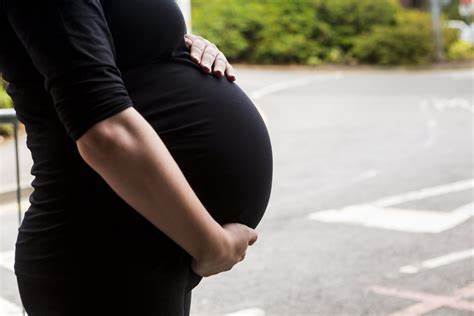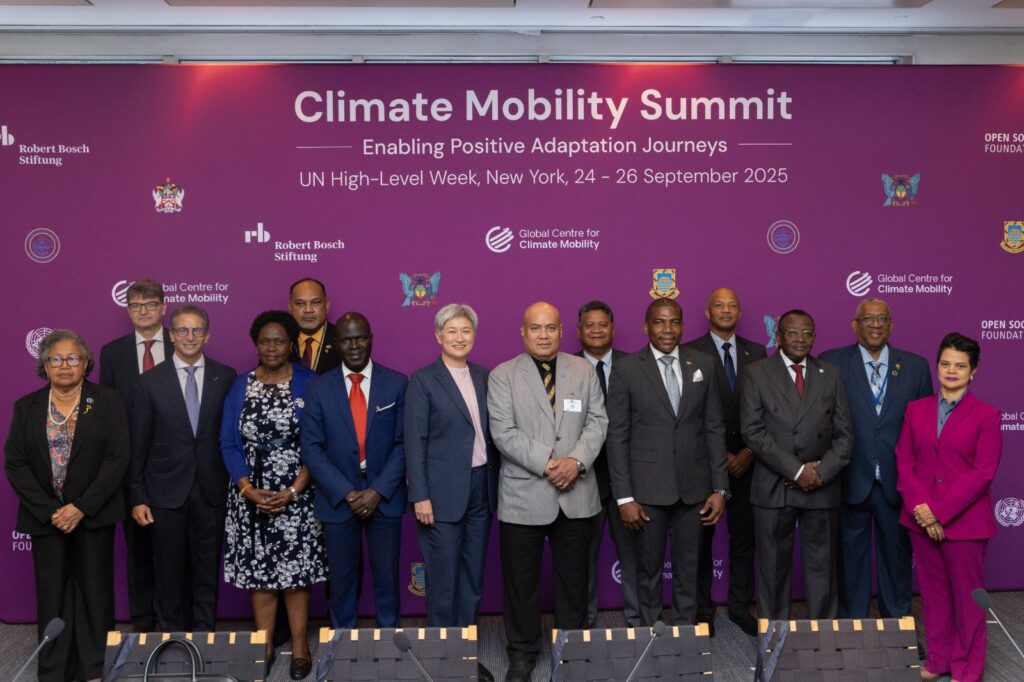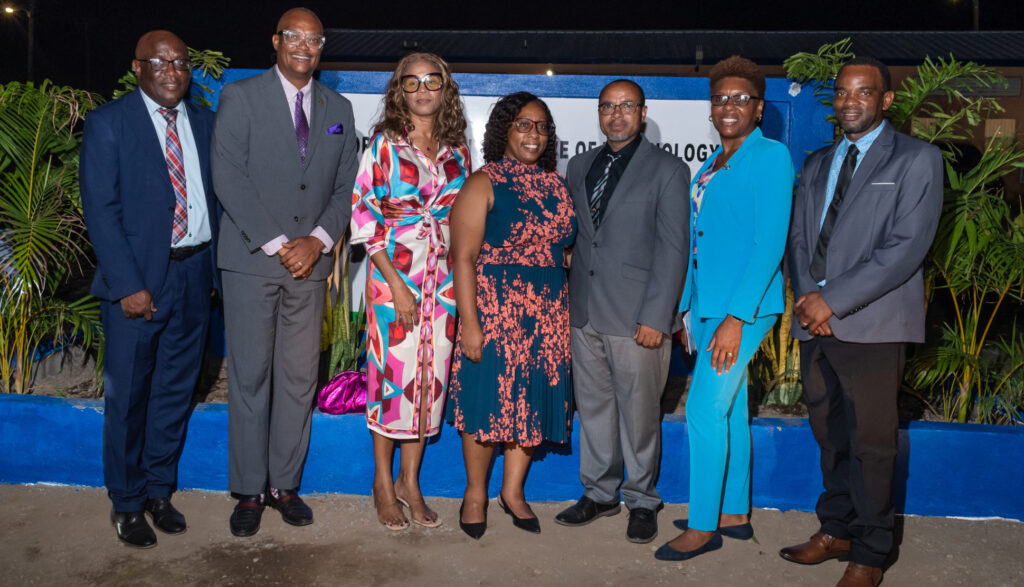UN Report: Maternal Mortality Rate Remains at One Death Every Two Minutes.
Maternal mortality, the death of a woman during pregnancy, childbirth, or within 42 days of delivery, remains a significant global health concern. Despite a substantial 34.3% decline in the global maternal mortality ratio (MMR) between 2000 and 2020, the UN estimates that approximately 800 women still die every day from pregnancy or childbirth-related complications. This translates to a devastating loss of one life every two minutes. While progress has been made, the stagnation and even reversal of this trend in some regions between 2016 and 2020 underscore the urgent need for continued and intensified efforts to improve maternal health worldwide.
The uneven distribution of maternal mortality highlights the stark inequalities that persist across the globe. Sub-Saharan Africa bears the heaviest burden, accounting for around 70% of all maternal deaths in 2020. In this region, the MMR is 136 times higher than that of Australia and New Zealand, which saw the most significant decline. Countries embroiled in humanitarian crises, such as Afghanistan, the Central African Republic, and Yemen, also experience disproportionately high MMRs, more than double the global average. These disparities underscore the interconnectedness of maternal health with socio-economic factors, access to healthcare, and political stability. They highlight the pressing need to address underlying systemic issues that perpetuate these inequities, ensuring that women in vulnerable situations have access to the same level of care as their counterparts in more stable and resource-rich settings.
The leading causes of maternal mortality are largely preventable and treatable. Postpartum hemorrhage (severe bleeding), infections, complications from unsafe abortions, and pre-existing conditions like HIV/AIDS contribute significantly to maternal deaths. Access to quality maternal healthcare services, including skilled birth attendance, emergency obstetric care, and family planning, plays a crucial role in preventing and managing these complications. Furthermore, addressing underlying health conditions and promoting overall health and well-being among women before, during, and after pregnancy is essential for reducing maternal mortality. This includes providing access to nutritious food, clean water, and sanitation, as well as addressing social determinants of health that contribute to poor maternal outcomes.
The COVID-19 pandemic and subsequent economic downturns have further exacerbated existing challenges in maternal health. While the report covers data up to 2020, experts predict a worsening of the situation in subsequent years due to disruptions in healthcare services, reduced access to essential supplies and personnel, and increased economic hardship. The pandemic has placed immense strain on healthcare systems globally, diverting resources and attention away from routine maternal care. Lockdowns and travel restrictions have hindered women’s ability to access antenatal care, skilled birth attendance, and postpartum care. These disruptions have likely contributed to increased maternal mortality and morbidity, further highlighting the fragility of progress made and the need for resilient health systems that can withstand unforeseen challenges.
Addressing the persistent challenge of maternal mortality requires a multi-pronged approach. Investing in family planning services empowers women to make informed decisions about their reproductive health, including the timing and spacing of pregnancies. This reduces the risk of unintended pregnancies and allows women to better prepare for pregnancy and childbirth. A global shortage of 900,000 midwives further emphasizes the need for investment in training and deployment of skilled healthcare professionals dedicated to maternal health. Midwives play a critical role in providing comprehensive care throughout pregnancy, childbirth, and the postpartum period, and their presence can significantly reduce the risk of maternal and neonatal mortality.
Ultimately, ensuring every woman and girl has access to quality maternal healthcare services is not just a health issue; it is a fundamental human right. Empowering women to exercise their reproductive rights, including the right to safe and accessible abortion, is crucial for reducing maternal mortality. Unsafe abortions are a significant contributor to maternal deaths, particularly in settings where abortion is restricted or criminalized. Comprehensive sexual and reproductive health education and services, including access to safe and legal abortion, are essential components of a rights-based approach to maternal health. Investing in maternal health is an investment in the future, contributing to healthier families, stronger communities, and more equitable societies. The continued high rate of preventable maternal deaths is a stark reminder of the urgent need for global action to prioritize and protect the lives and well-being of women and girls.
Share this content:












Post Comment